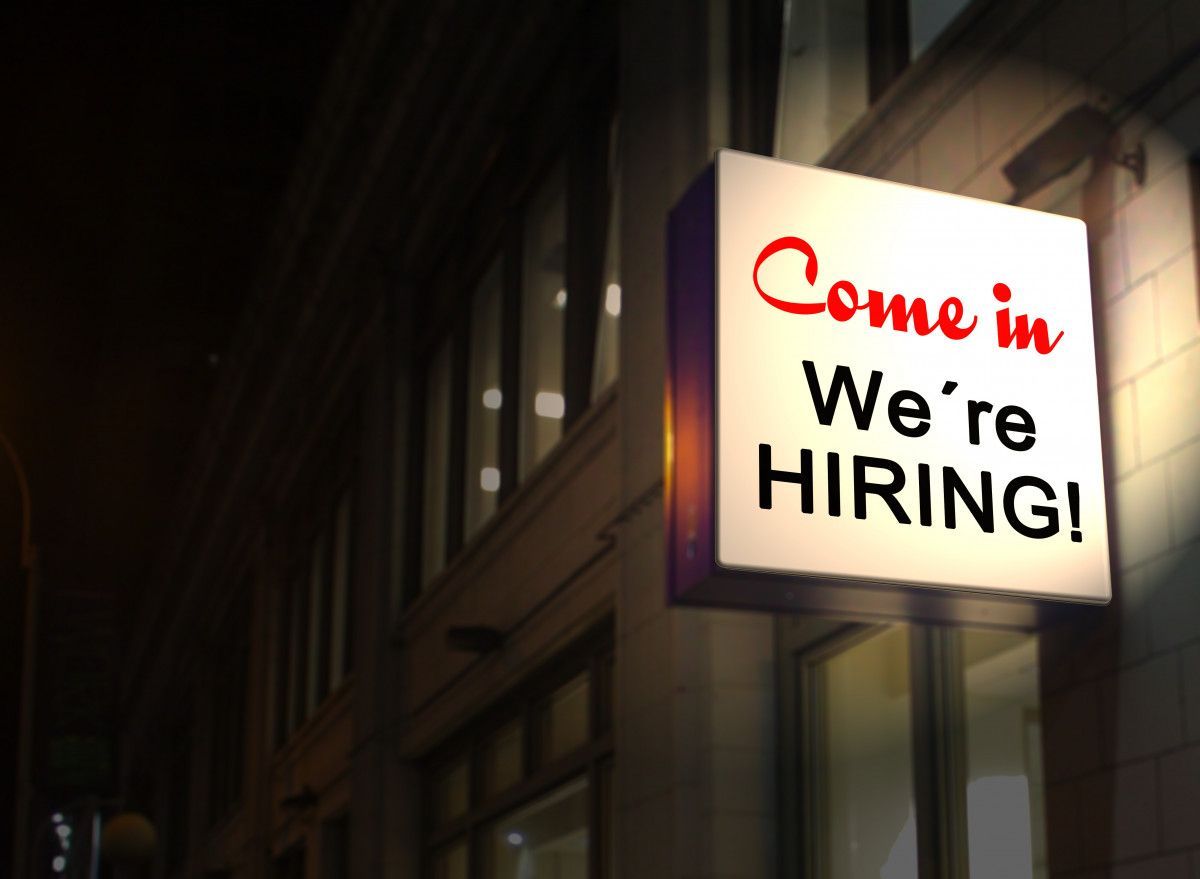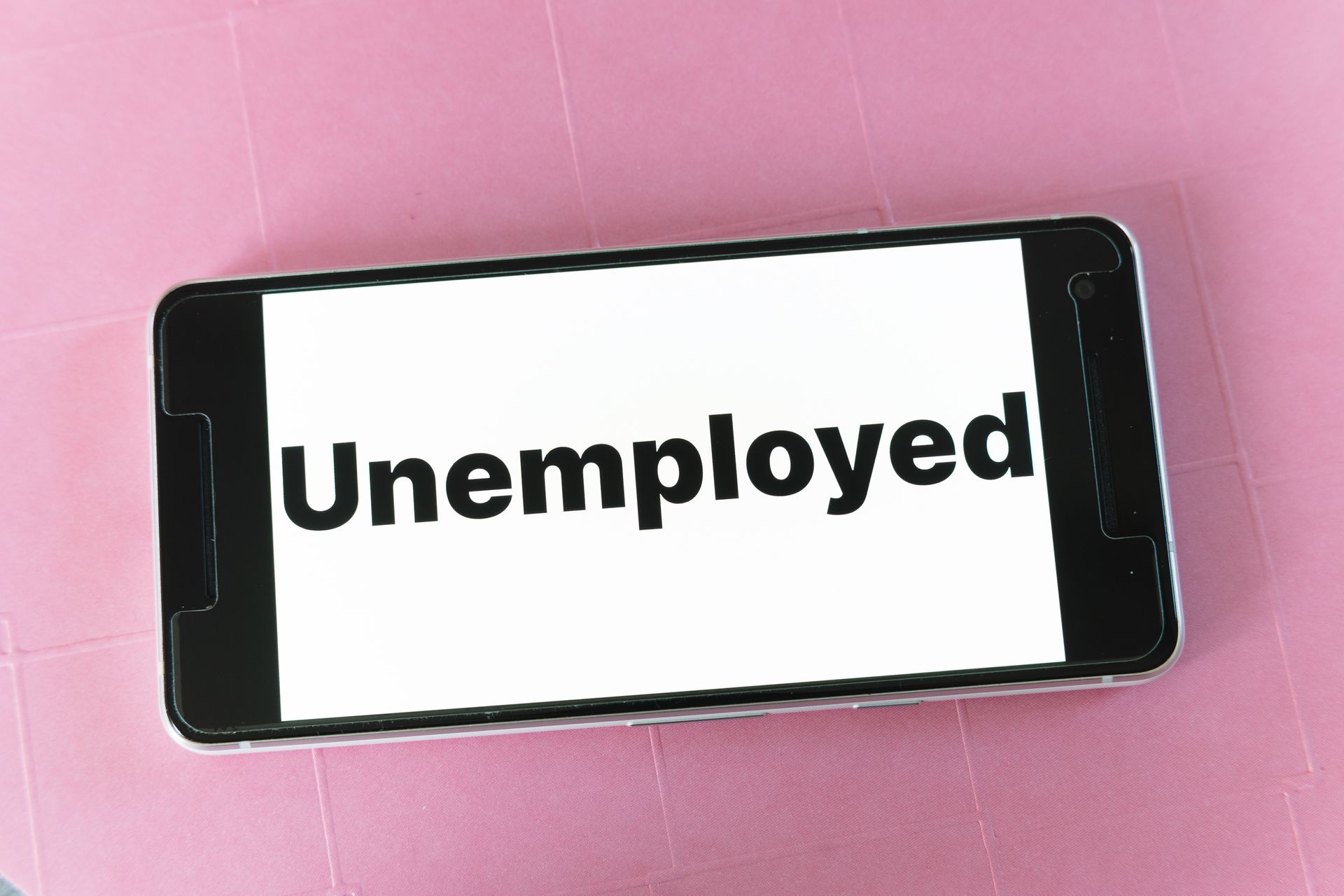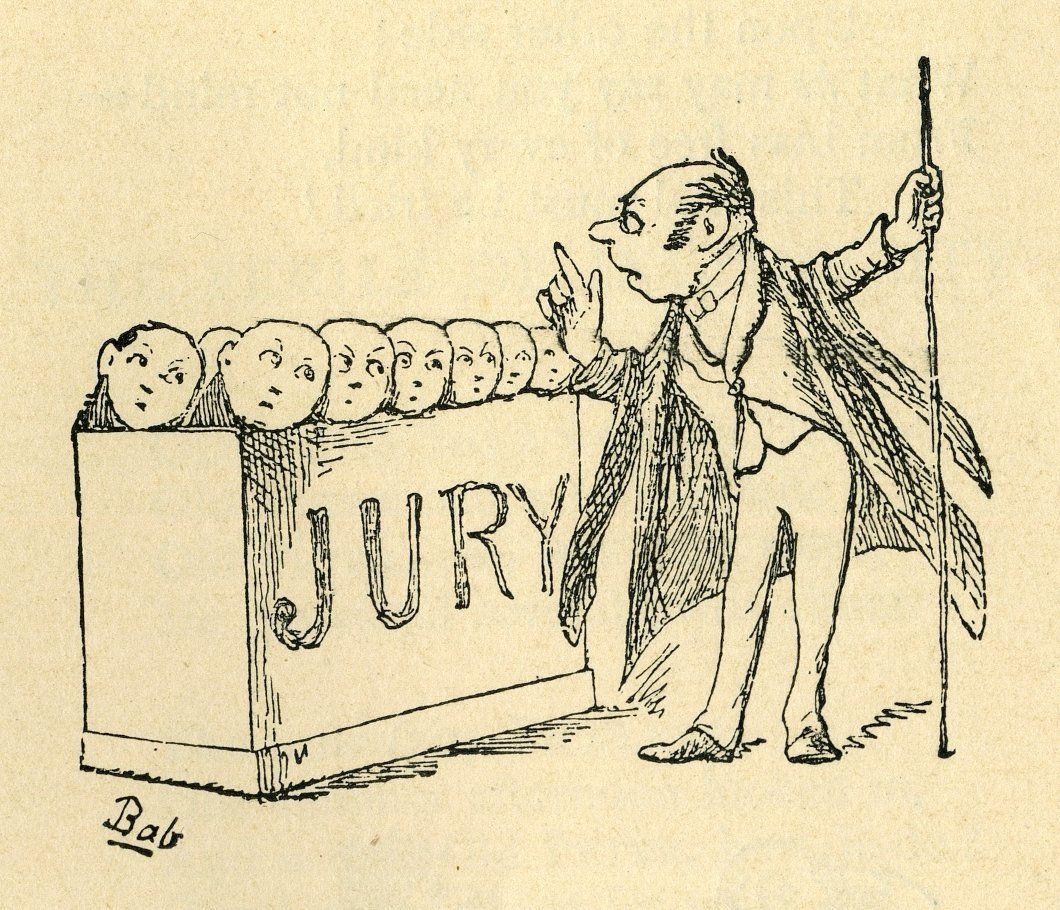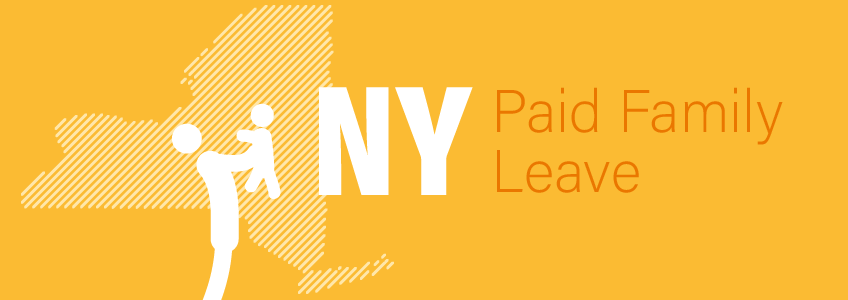New York State’s Freelance Isn’t Free Act: What You Need to Know
Freelance Isn't Free
Effective May 20, 2024, the “Freelance Isn’t Free Act” (FIFA) introduces several new and critical protections for freelancers in New York State. Patterned on a law previously enacted by the New York City Council, the purpose of FIFA is to protect freelance workers by ensuring fair compensation and equal treatment in the workplace.
In the past freelancers have faced difficulties with employers who made late payments, failed to pay, or expected them to work without a contract, but the new law empowers freelancers with the tools to enforce their rights in the workplace.
For honest, expert advice on how FIFA might impact your businesses or your job, consult Employment Attorney Raymond Nardo.
FIFA Key Provisions
A freelance worker is defined by FIFA as “Any natural person or organization composed of no more than one natural person, whether or not incorporated or employing a trade name, that is hired or retained as an independent contractor by a hiring party to provide services” in exchange for compensation. FIFA grants new provisions to these workers, including:
● Written Contracts: Contracts are mandatory for freelance work over $800 in a 120-day period. Freelancers must receive a hard copy or an electronic copy of the written contract.
● Timely Payment: Payment must be made by the date in the contract or within 30 days of job completion if no date is specified.
● Legal Recourse: Freelancers can sue for double the unpaid amount plus legal fees if clients fail to comply. The statute of limitations for filing a complaint is two years from the date of the alleged violation. If the complaint involves retaliation, the statute of limitations extends to six years. Freelancers can file a complaint with the New York State Department of Labor or bring a civil lawsuit in state court.
The Impact of FIFA
Employers must now determine how to revise procedures and practices in accordance with the new law. Although challenges may arise, it is important to remember that those who fail to implement FIFA face substantial penalties, including but not limited to:
● Double Damages: Employers may be required to pay double the amount owed to a freelance worker.
● Legal Fees: Businesses could also be responsible for covering the freelancer's legal costs.
● Civil Penalties: Substantial fines may be imposed by the New York State Department of Labor if a pattern of FIFA violations is discovered during a civil suit.
Conclusion
FIFA strengthens protections for freelance workers and provides clear guidelines to companies that employ freelancers, fostering fair and transparent business relationships. As the new law rolls out, it is crucial to prepare for potential legal challenges. For more than 30 years, Employment Attorney Raymond Nardo has guided employees and employers in claims involving wage disputes and nearly all other employment claims. He practices extensively in Federal Court, New York State Court, the EEOC, and the New York State Division of Human Rights. Consult Attorney Raymond Nardo for professional legal guidance on the Freelance Isn’t Free Act.
Location
Raymond Nardo, P.C.
129 Third Street Mineola,
New York 11501
Contact Us
516-248-2121
All Rights Reserved | Law Office of Raymond Nardo










